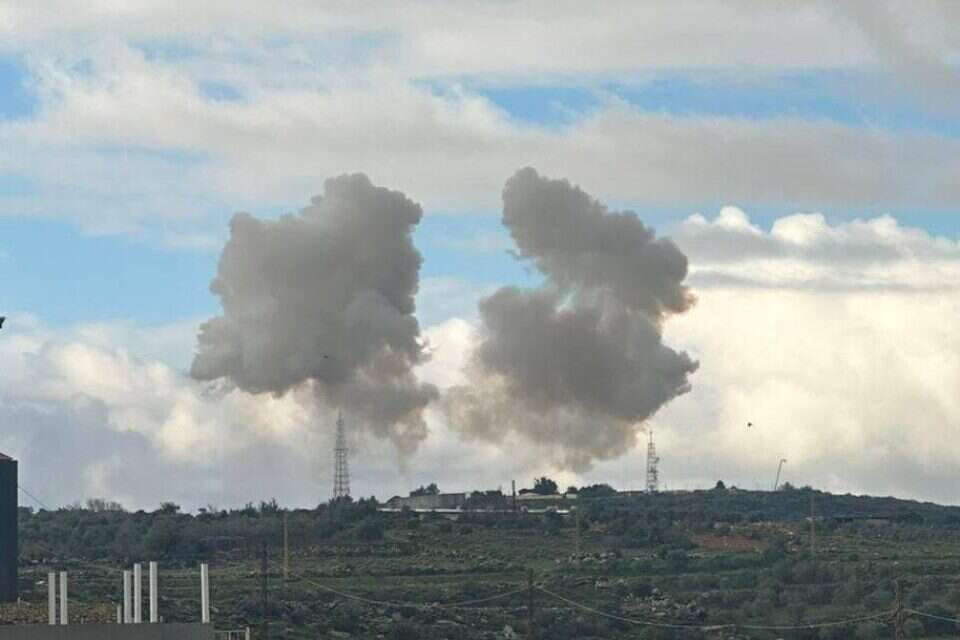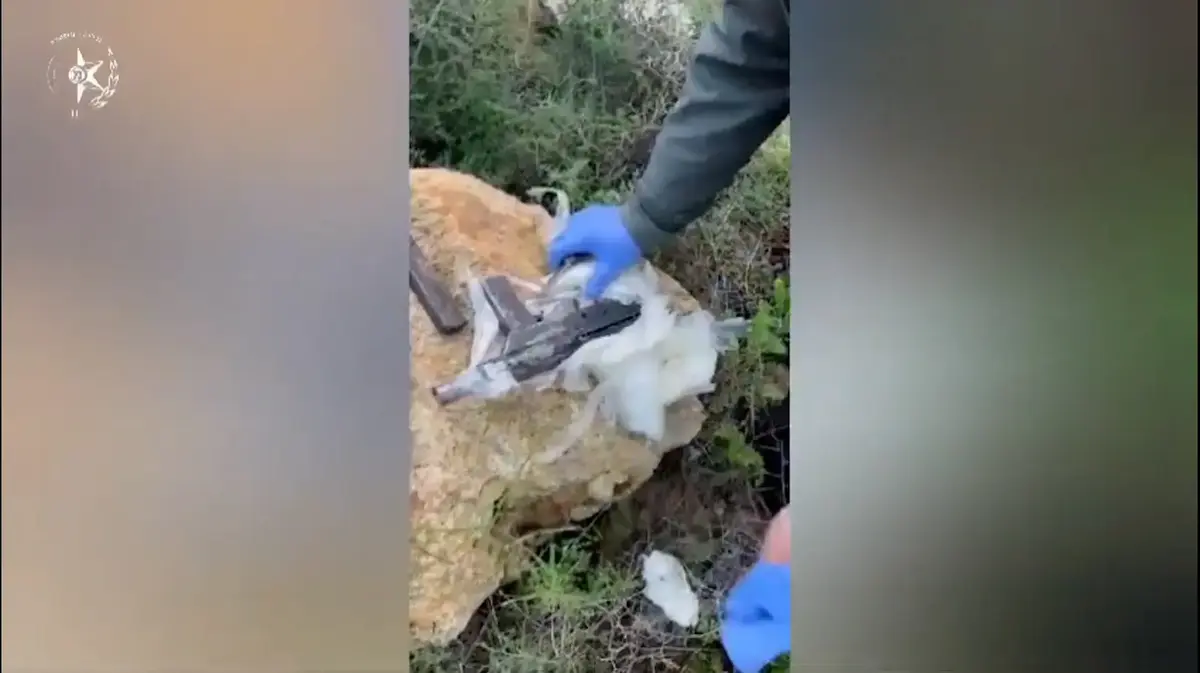"We drove home after the assassination of the terrorist, and we heard on the radio. Suddenly they said that the IDF and the GSS had thwarted a large suicide bombing in the State of Israel. Only then did we internalize the magnitude of the hour," recalled Colonel L. Of the Sheldag unit in 2002, during Operation Defensive Shield, and today Head of the Field Intelligence Department in the Intelligence Division.
In an interview marking the 20th anniversary of the operation, he talks about the huge difference that the field of intelligence in the IDF has gone through, and reveals little of what can be said about the unit's special activities in those dark times when a terrorist attack followed.
Ticking bomb
"From a unit that operates in complex operations in countries that cannot be specified, we moved to operations in Judea and Samaria, and instead of combat procedures of several months, we moved to a sequence of three to five operations a week, from northern Jenin to southern Hebron.
The pace was crazy, "explains Col. L.
As an intelligence officer, L. says that although they began to receive accurate intelligence, little by little and in an unorganized manner.
"Each organization provided information on its own. We would get the information by email from Chukamak at best or in a phone call where they said someone was talking to someone. I had to organize everything."
Colonel L.: "We moved to a sequence of three to five operations a week," Photo: IDF Spokesman
One of the significant operations in which the young L. participated was a simultaneous raid on four senior Hamas figures, in cooperation with four special units - Sheldag, General Staff Reconnaissance, Cherry and Squadron 13. "We received accurate intimate information about the whereabouts of the senior officials.
Today it seems trivial, but 20 years ago - it was a very big challenge. "In another case, a senior Islamic Jihad official was killed by a sniper from the unit." It was a ticking time bomb.
We knew that the senior official planned to carry out attacks in Israeli territory.
We ambushed him in the Ramallah area and successfully eliminated him.
On the way home, we heard on the radio that a suicide bombing had been prevented. "
The technological revolution
20 years later, Colonel L. looks at the challenges facing the IDF, and the intelligence work that has changed dramatically, both because of the advanced technology but also because of new methods that have been assimilated.
Today, as the commander of the department in the Armed Forces that is responsible for building the force for the intelligence system and the deployed level - including locating the fighters, training them, the doctrine of warfare and the means of warfare given to them, he says that this is a revolution.
Soldiers in Jenin during a defensive wall, Photo: IDF Spokesman
"Once upon a time the information was integrated through the intelligence officers, who after processing the information had to sit down with the fighters and explain to them what was happening. Today there is one information factory operated by Unit 8200, which analyzes all the information. It is in Hebrew. An intelligence soldier in Judea and Samaria is sitting in front of a screen and watching conversations recorded by 8200 sensors. This shortens the path in an indescribable way.
In addition, we transmit intelligence to the end, to the fighter, through command and control systems, some of which are located in special mobiles carried by the fighters.
When a fighter goes on a countermeasure or arrest mission, he can do the area analysis in his palm today, using his cellphone.
"We also monitor information using a 'smart space' system, which quickly closes circles and prevents terrorists from hitting. True, if a person wakes up at noon and decides to stab a person at a crosswalk, it's a little harder to stop him, but if he writes something on social media - sometimes we can monitor and stop him. "It can be said with caution that if we had these systems in the second intifada - it would have prevented us from paying a price in human life."
Were we wrong?
Fixed!
If you found an error in the article, we'll be happy for you to share it with us

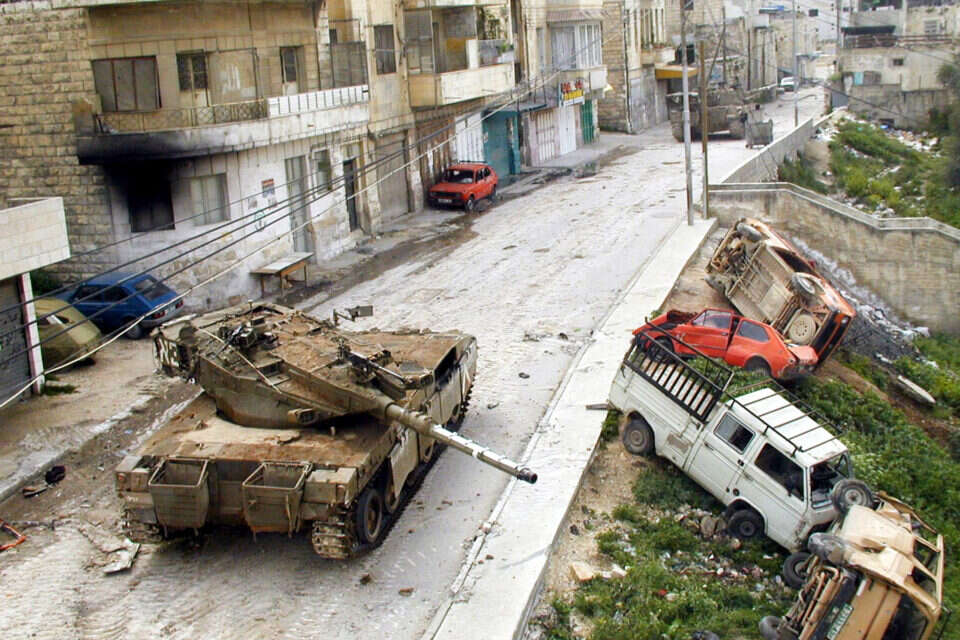


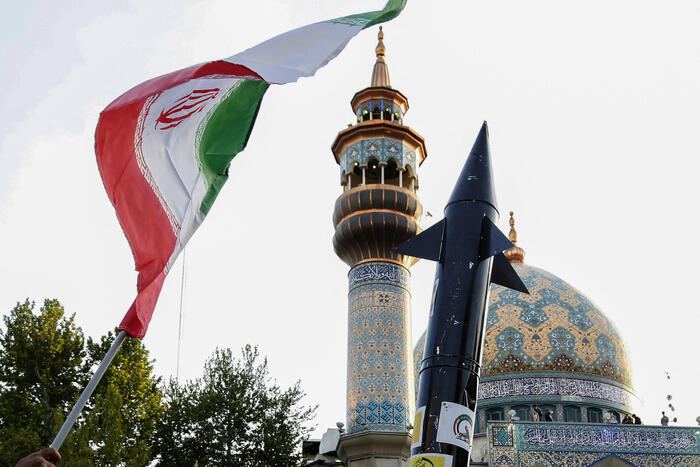
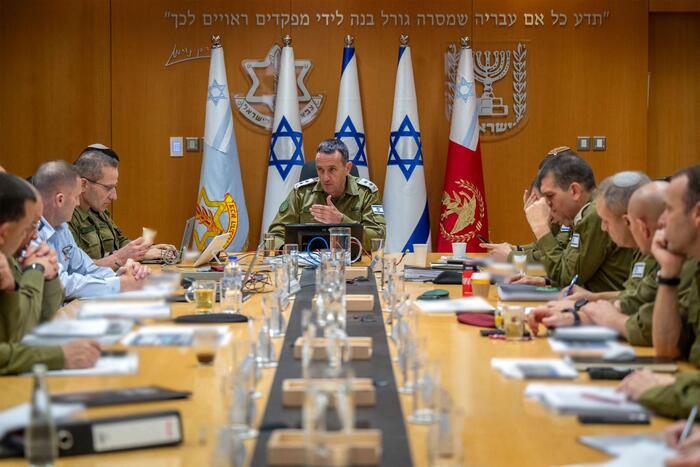
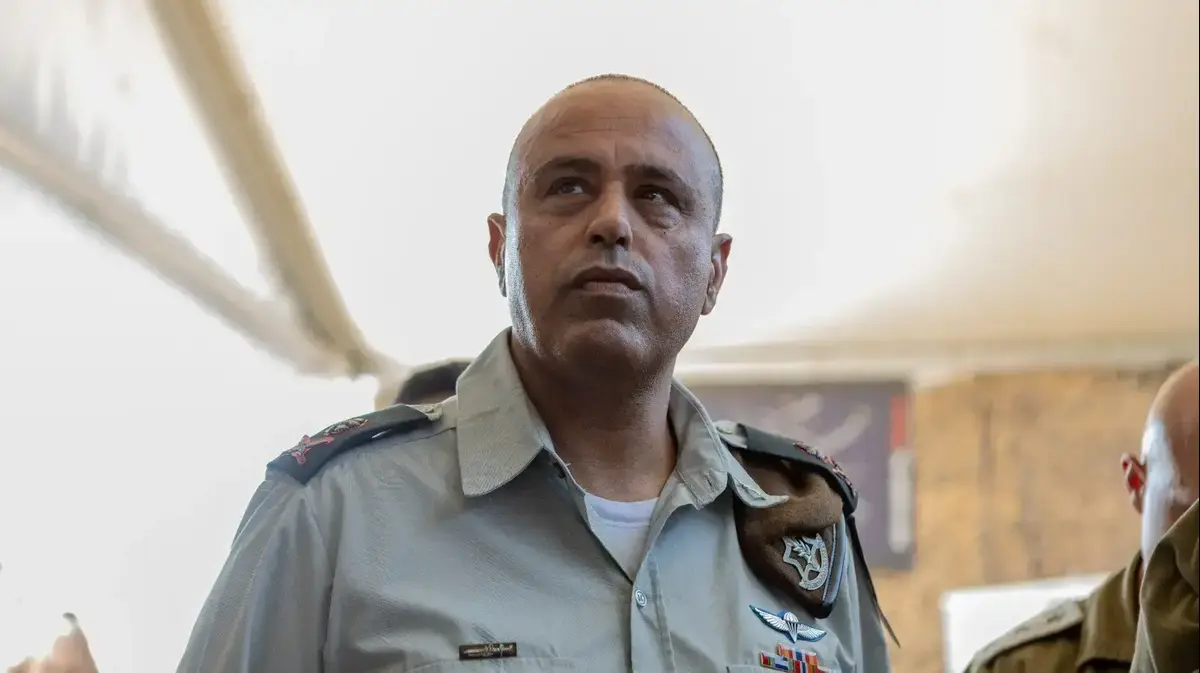
/cloudfront-eu-central-1.images.arcpublishing.com/prisa/RD5GPAQKA5BG6GYHF6SJDTLLHU.jpg)
